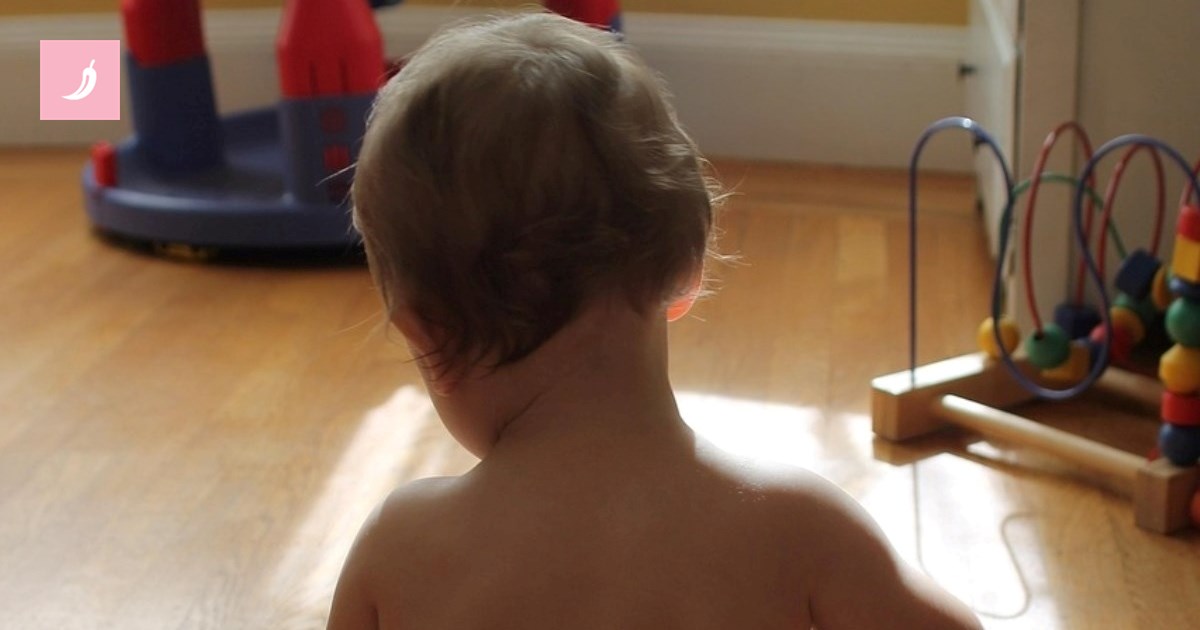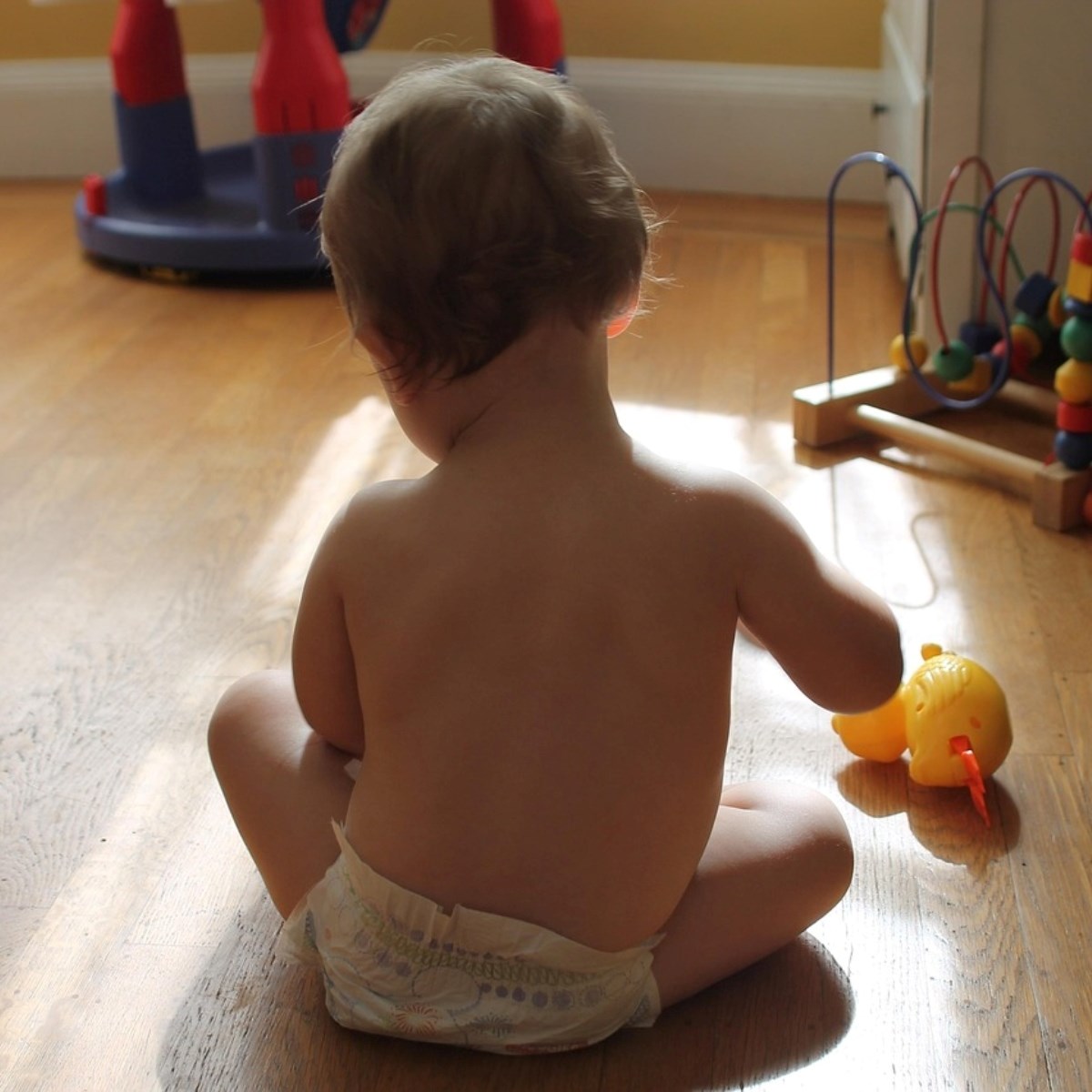Parents around the world eagerly watch for the first signs of intelligence in their babies — whether it’s cooing, waving, smiling, or recognizing familiar faces. But is it just parental love and pride, or is there scientific truth behind it? A new study from the University of Colorado Boulder sheds light on this and delivers a shocking conclusion: adult intelligence can be predicted as early as 7 months old!
Thanks to decades of data collected on twins, scientists have linked early cognitive abilities with later IQ test results. The study followed identical and fraternal twins from 7 months old into their 30s to understand how genetics and environment influence intelligence development.
The results are astonishing: although early tests like gaze tracking, vocalizations, and attention predict only a small part of future intelligence, by age 3 the predictive power significantly increases, and between ages 7 and 16 genetic factors become dominant. But don’t worry if your child doesn’t show early signs — development is uneven, and IQ is not the only measure of success in life. Kindness, empathy, and listening skills are equally important traits that tests don’t measure.
Psychologists and pediatricians advise parents not to panic over delayed speech or short attention spans, as most children catch up by ages 4 to 7. Intelligence is not fixed; children can progress and develop, and environment plays a key role in early years.
So next time your baby coos or smiles at you, remember — you might be looking at a future genius! Or at least someone who will one day make you laugh. And if you have a funny or unusual baby moment, share it in the comments — maybe you’ll uncover the next scientific sensation!








































